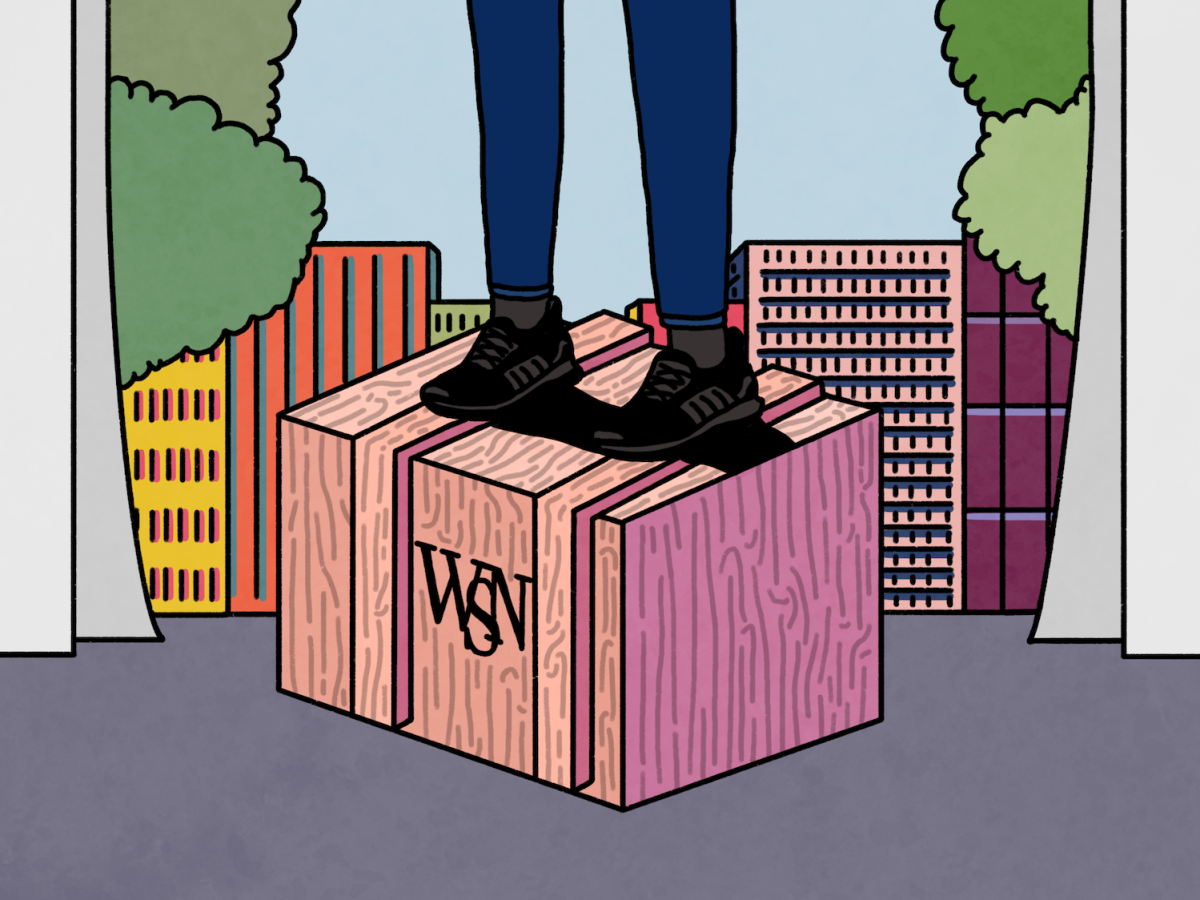In Germany, government legalizes recreational cannabis use
German legislators have approved a governmental initiative to partially legalize cannabis, marking a major step toward positioning Germany as the largest country in Europe to embrace such reform.
Last August, the Cabinet of Germany gave the green light to Chancellor Olaf Scholz’s left-wing coalition plan, with some adjustments from the original proposals. On Feb. 23, the German Bundestag — the lower house of the German parliament — endorsed the proposal with 407 votes in favor, 226 against and four abstentions.
Starting April 1, adults will be allowed to cultivate up to three plants for personal use and possess up to 25 grams of cannabis. On July 1, larger-scale production and consumption will be allowed within “cannabis clubs,” each limited to 500 members.
Within these clubs, members will be authorized to purchase up to 25 grams per day, with a monthly limit of 50 grams for individuals aged 21 and above, and 30 grams for those below that age. Individuals will also be prohibited from affiliating with more than one cannabis club.
The German populace is divided on the matter, with 42% of respondents supporting legalization, 47% opposing it and 11% expressing no strong opinion, according to a recent YouGov poll.
Health Minister Karl Lauterbach said that the nation’s current laws are inadequate, particularly in response to increased consumption and a rise in contaminated or overly concentrated cannabis.
“Whatever we do, we can’t carry on like this,” Lauterbach told lawmakers, the Associated Press reported. “You can stick your head in the sand … but we won’t solve a single problem that way.”
In Italy, ruling party suffers first electoral setback
Voters on the Italian island of Sardinia have elected Alessandra Todde, a left-wing politician representing the 5-Star Movement, as their new president, marking the first significant success for a left-wing party in the country since 2015 and the island’s first female president.
In the election, Todde faced Paolo Truzzu, a right-wing candidate chosen by Italian prime minister Giorgia Meloni. After the vote count, Todde secured 45.4% of the votes, narrowly surpassing Truzzu, who garnered 45%.
Francesco Galietti, the founder of Policy Sonar, a political think tank, said that Meloni made a mistake in selecting an unpopular candidate for the election, according to the Telegraph.
“Truzzu was one of Italy’s least beloved mayors and yet she pushed ahead,” Galietti said. “Perhaps the biggest takeaway is that Sardinia has shattered the myth of Meloni’s political invincibility.”
Despite the left-wing victory in Sardinia, Meloni’s right-wing Brothers of Italy party, elected to power in 2022, maintains a strong lead in national surveys, standing at 27.7% according to the most recent weekly poll by SWG.
Meloni’s party is followed by the Democratic Party, polling at 20%, and Todde’s party, the 5-Star Movement, polling at 15.6%. The two left-wing parties collaborated in a coalition for the Sardinian election and will now shift their focus to the upcoming regional election in Italy, scheduled for March 10 in Abruzzo.
In Australia, tens of thousands to evacuate due to fire risk
On Tuesday, more than 30,000 residents in the southeastern Australian state of Victoria were issued evacuation orders due to an intense heatwave, heightening the risk of a significant bushfire outbreak. This marked the state’s worst fire danger day in four years.
Those instructed to evacuate, living between the cities of Ballarat and Ararat, received text messages to leave their homes Wednesday morning. The decision was prompted by concerns that the prevailing bushfire in Bayindeen could extend its impact. Since the fire started on Feb. 22, it has destroyed six homes, killed livestock and burnt over 75 square miles.
Earlier this month, the Australian Bureau of Meteorology issued heatwave alerts for four other states, warning about an elevated risk of bushfires. The alert coincides with the El Niño weather pattern, expected to align with hotter weather.
It’s been four years since the Black Summer wildfires of 2019 to 2020 went through many Australian states, including Victoria. Those fires caused 33 human and about one billion animal deaths, destroyed over 3,000 houses and burnt over 65,000 square miles, according to Victoria’s Country Fire Authority.
In response to this year’s fires in Victoria, Australian prime minister Anthony Albanese pledged support to assist the state on Sunday, noting the importance of addressing climate change.
“We will provide whatever support is requested from Victoria,” Albanese told reporters, according to Reuters. “It’s a reminder of the need for us to be vigilant for us to continue to work and act on the threat that is climate change.”
Contact Krish Dev at [email protected].

























































































































































